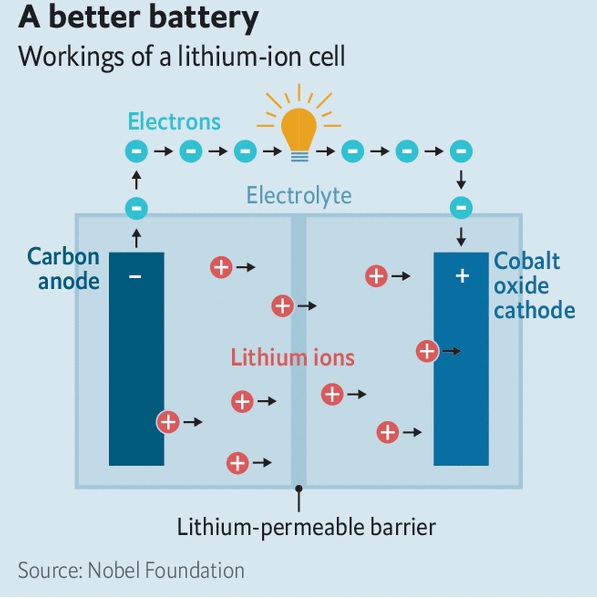7667766266
enquiry@shankarias.in
Safety and sustainability continue to pose impediments in the growth envisaged in Lithium Ion Batteries (LIBs) usage.

By 2025, the global demand for LIBs is likely to cross about $100 billion with the automobile sector leading as the fastest growing consumer.
References
Quick facts
Battery Waste Management Rules, 2022